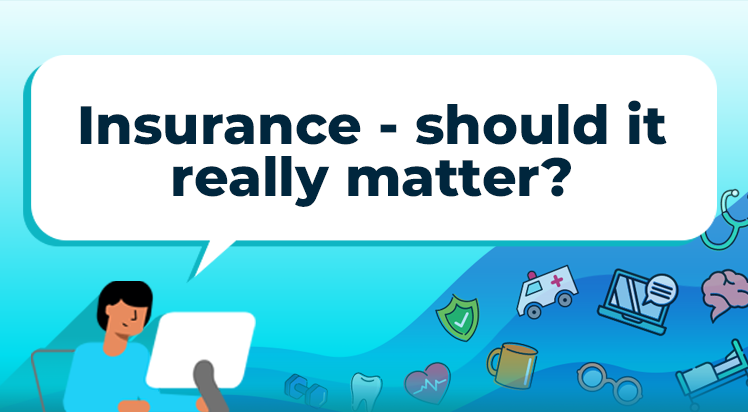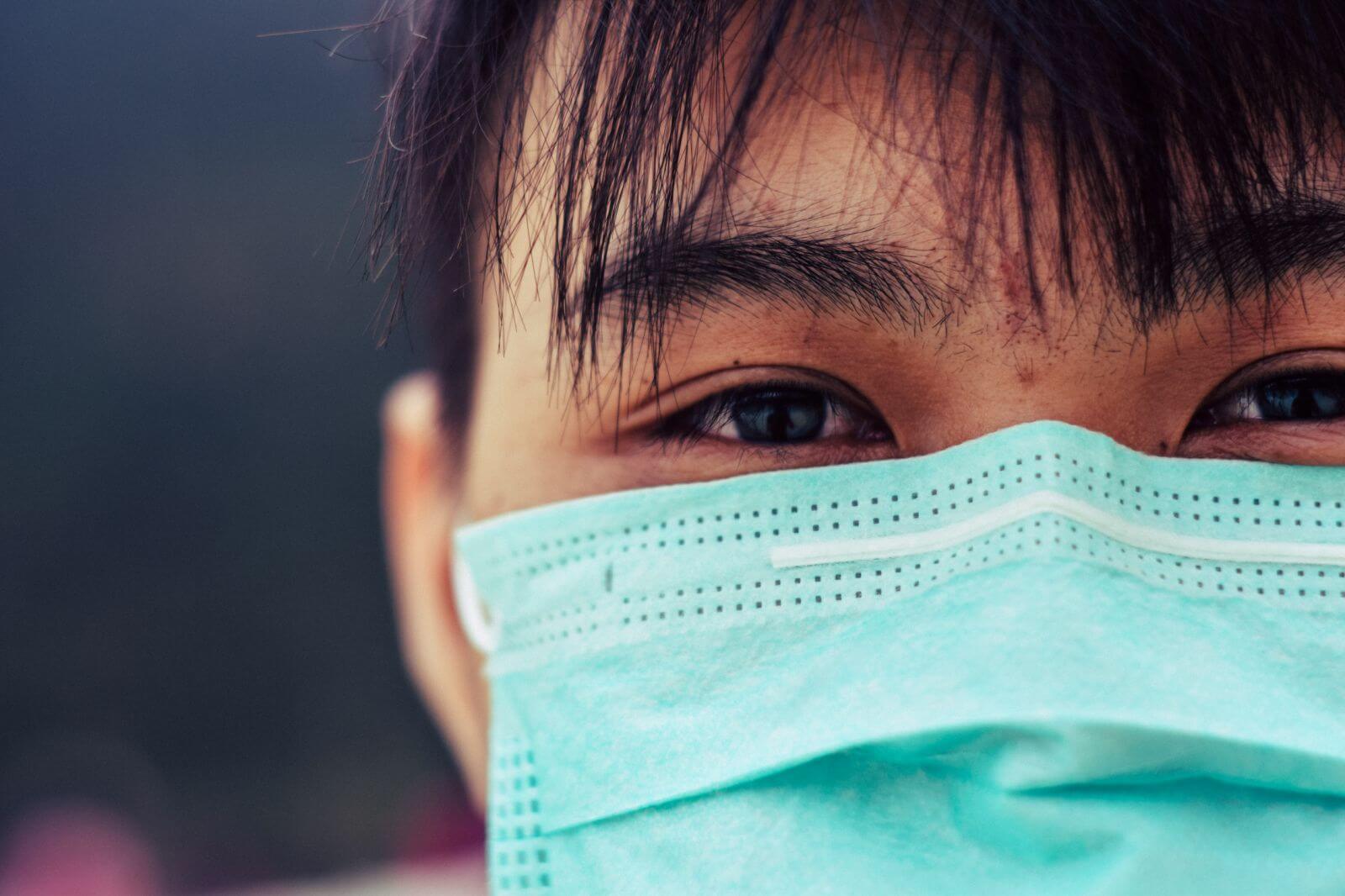Guidelines on Workplace Prevention and Control of COVID-19
- Jul 10, 2020
- By Miles Malferrari
While the country begins to open up again, COVID-19 still remains to be a very real and active threat to anyone exposed to it. With recent reports even saying that the new mutation might be even more infectious than the last one. Make sure your workplace is ready to welcome back your workforce by following DTI and DOLE’s minimum required guidelines issued to assist private institutions that are allowed to operate during ECQ and GCQ (Find out if you’re allowed to operate). We have outlined them for you below:
Reduce Transmission of COVID-19 in the Workplace
Before entering the workplace
Wear face masks at all times (except when eating/drinking). This should be provided by the employer.
Accomplish the daily health survey and submit to the guard/security officer on duty.
Temperature checks. Those with 37.5o C above (even with 5 minutes of rest) will not be allowed to enter the premises.
Spray alcohol/sanitizers on hands and step on foot baths at entrance.
Any equipment/vehicle going through should go through the disinfection process.
One meter should be observed if there’s a long queue.
Inside the workplace
Frequently held objects (i.e. doorknobs, etc) should be cleaned regularly (at least once every 2 hours)
All washrooms and toilets should have soap and clean water. Employees are encouraged to practice frequent hand washing and avoid touching their face.
Sanitizers available in corridors, common areas, entrance/exit points.
Constant physical distancing of 1 meter among workmates
Eat in individual areas. No common eating areas. Avoid conversation during meal times.
Common areas (kitchen, canteens) should be disinfected regularly.

Minimizing Contact Rate
- If possible, arrange work from home (WFH) for employees who don’t need to physically come to work to accomplish tasks.
Have meetings done digitally if possible. Any physical meetings should practice one meter distance and face masks should be worn at all times.
Office tables should be arranged at a distance, with dividers if possible. Layouts should have one-way movements in aisles, corridors, walkways.
Limit number of people inside enclosed spaces (elevators, rooms, etc). Practice at least 1 meter distance.
If 2 staircases are available, one should be used for going up while the other going down.
Having an online system for clients is highly encouraged (i.e. video conferencing/scheduling/chatting) to avoid physical contact.
Roving officers should ensure all measures are followed.
Reducing Risk of Infection
If someone is suspected of having COVID-19, here are the steps to follow:
Worker will proceed to designated isolation area in workplace and never remove mask.
Clinic personnel attending worker should wear PPEs at all times, if needed, transport worker to the nearest hospital.
Be sure to have company protocols for transportation in place and PCR testing. Follow DOH guidelines when in hospital.
Decontaminate workplace immediately and stop work for 24 hours.
Workers present during the time of the suspected case should be put on quarantine for 14 days.

Employers are expected to;
Provide company policies to prevent the spread of COVID-19 in the workplace.
Provide resources and materials for safe and healthy workers (i.e. face mask, hand sanitizer, soap, vitamins, etc.)
Designate a safety officer to monitor if everyone is following protocol.
Enhance health insurance provision for workers. Check here how ALLCARE can help you.
If possible, provide shuttle services or on-site/near-site lodging or hire from nearby communities
Put up a COVID-19 Hotline and Call Center for employees to report if symptomatic with daily monitoring of the “suspected” employee.
To learn more on these guidelines, read here.
Related Articles
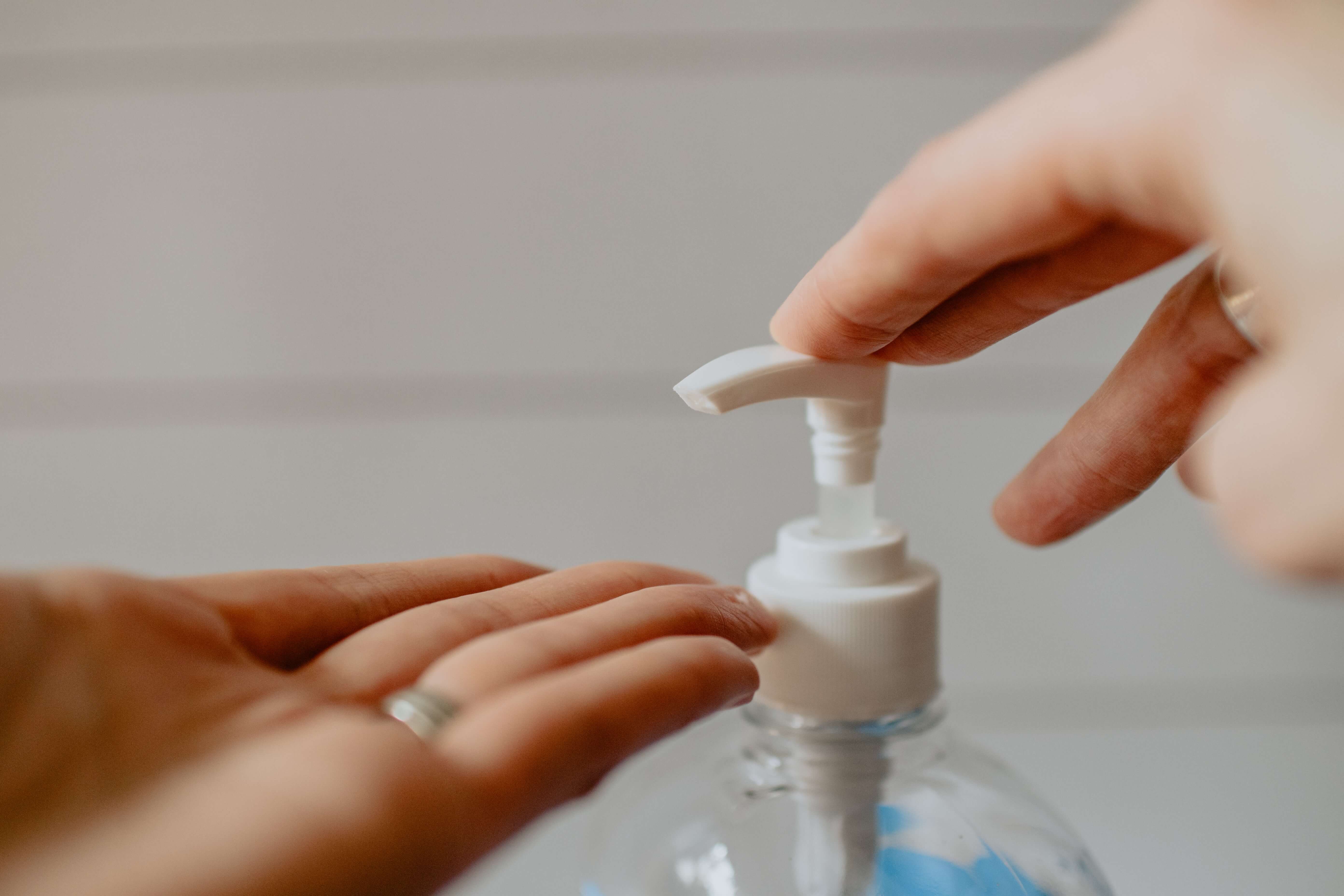
Mar 19, 2020
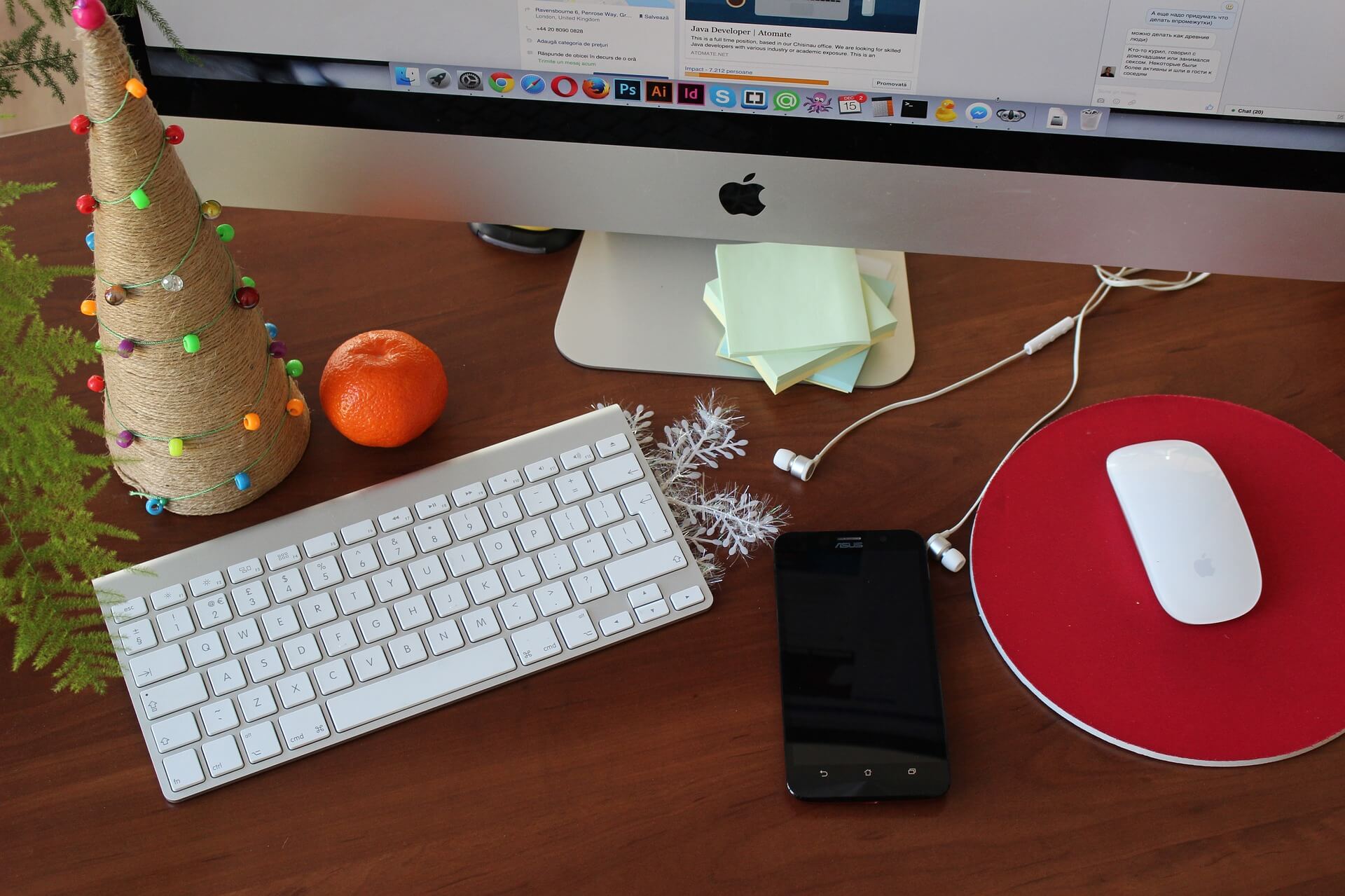
Dec 08, 2019

Mar 06, 2020

Nov 29, 2019
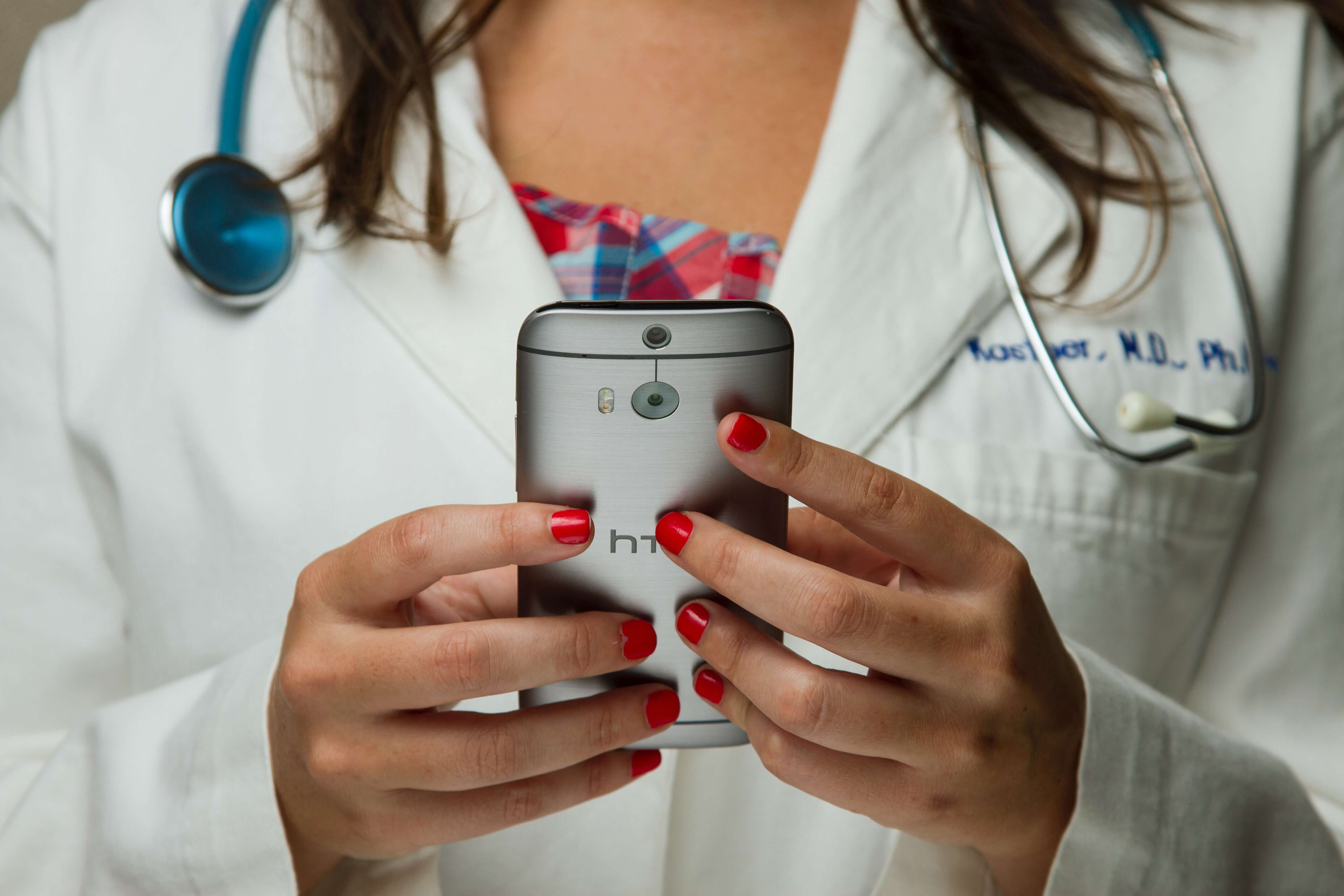
Aug 07, 2020
